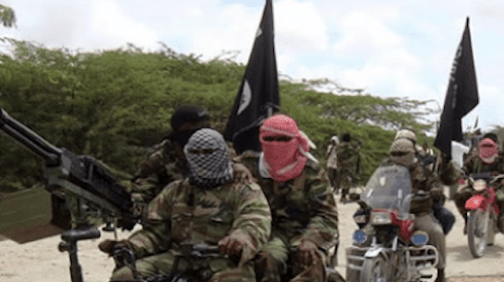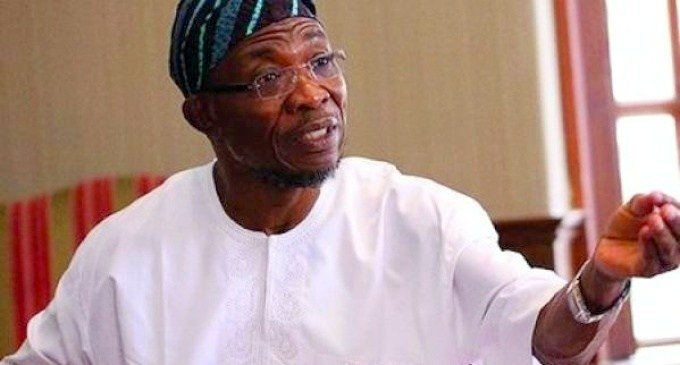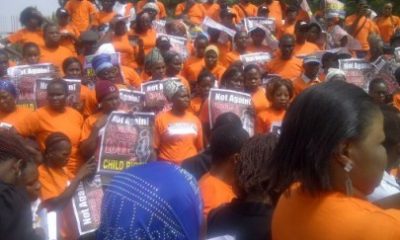crime
Over 320,000 children killed in Boko Haram war: UN

The Boko Haram insurgency has caused the deaths of some 324,000 children under five, mostly from disease and hunger, the UN warned Thursday.
Previous data showed that Boko Haram militants, who launched an insurgency in 2009 that has since spread to neighbouring countries, have killed more than 40,000 people and displaced over two million from their homes.
But in a new report titled “Assessing the impact of conflict on development in northeast Nigeria”, the UN Development Programme said “the full human cost of war is much greater.”
“We estimate that more than 90 percent of conflict-attributable deaths through 2020, about 324,000, are of children younger than five,” it said.
Of nearly 350,000 deaths, it estimated 314,000 to have resulted from indirect causes.
Insecurity has led to declines in agricultural production and trade, reducing access to food and threatening the many households that depend on agriculture for their livelihood, it said.
Thousands of displaced people lack access to food, health facilities, shelter and clean water, with children more vulnerable, the report added.
“With another decade of conflict, that could grow to more than 1.1 million,” it said.
Nigeria’s Boko Haram group split into two in 2016 with its rival Islamic State-allied faction ISWAP becoming the dominant threat.
Despite ongoing military operations, the groups have continued to launch attacks, spreading violence to parts of neighbouring Cameroon, Chad and Niger.
In the Lake Chad region, the UN said “over 3.2 million individuals are displaced, with 5.3 million food-insecure people at crisis and emergency levels.”
The situation is worse in Nigeria’s northeastern states of Borno, Adamawa and Yobe, it said.
“In northeast Nigeria alone, 13.1 million people live in areas affected by conflict, out of whom 8.7 million are in need of immediate assistance,” it said.

Advertisement
-

 news7 years ago
news7 years agoOsun Government presents 2015, 2016 audited accounts…sets record as the first state in Nigeria to publicly declare accounts
-

 crime5 years ago
crime5 years agoArotile’s ex-classmate had no driver’s licence, report reveals
-

 lifestyle8 years ago
lifestyle8 years agoAmazing Tips for an Outstanding Makeup
-

 news4 years ago
news4 years ago2023: Kola Abiola Set To Declare For Presidency
-

 entertainment5 years ago
entertainment5 years agosanwo-Olu honours sacked chaplain after Ambode’s wife saga
-

 business5 years ago
business5 years ago#EndSARS: Access Bank announces N50 billion interest-free facility for businesses
-

 entertainment6 years ago
entertainment6 years agoSee how Women now use toothpaste to tighten vagina
-

 lifestyle5 years ago
lifestyle5 years agoUS Church ‘refunds members three years tithes’ as help during COVID-19

